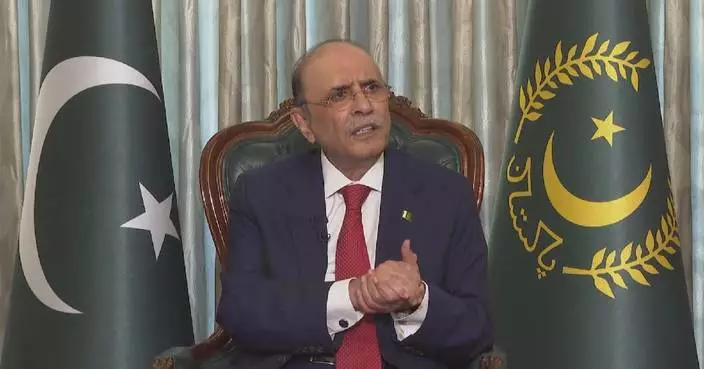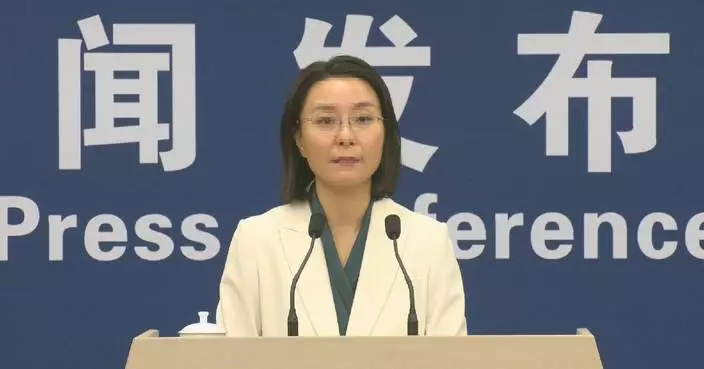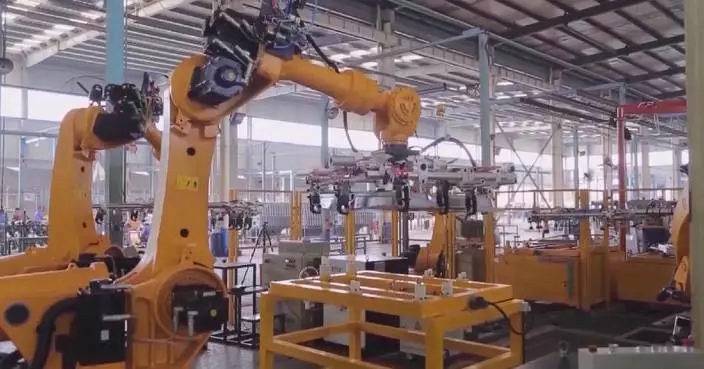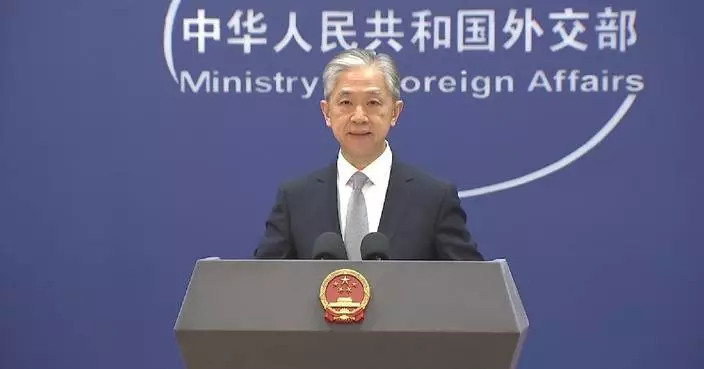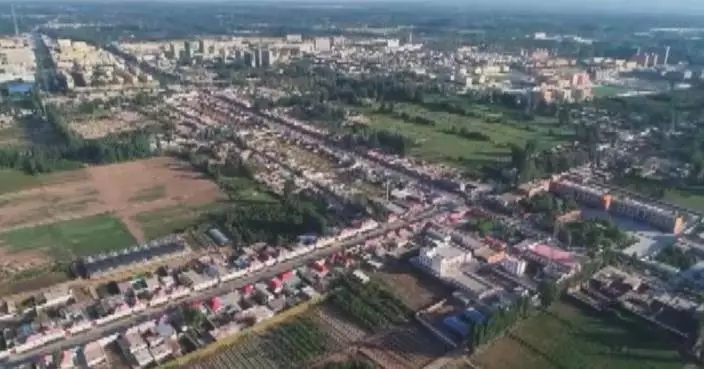The seamless connectivity of the transportation system in the Guangdong-Hong Kong-Macao Greater Bay Area in south China is crucial for the region's integration and boosting its economy.
This well-connected transportation network plays a vital role in fostering a dynamic environment, facilitating travel for many commuters who reside in Guangzhou and Dongguan cities in South China's Guangdong Province, but frequently travel between Foshan and Shenzhen, while also witnessing a significant uptick in passengers opting for high-speed train travel.
In February, the world witnessed the inaugural test flight of the first-ever public eVTOL (electric vertical takeoff and landing) aircraft, conducted near the Shekou Cruise Homeport in Shenzhen in Guangdong.
This groundbreaking flight marked the maiden demonstration of a cross-sea and cross-city aerial route, linking two cities within the Guangdong-Hong Kong-Macao Greater Bay Area. The route spans over 100 kilometers, connecting Shenzhen and Zhuhai.
"The maximum takeoff weight is two tons, so the payload capacity is over 400 kilograms. As you can see, our passenger model can actually carry five people," said Xie Jia, senior vice president of the Autoflight Aviation Technology Company, producer of the aircraft.
The newly introduced air route has significantly reduced travel time between Shenzhen and Zhuhai to just 20 minutes. Additionally, Xie mentioned that the route could also facilitate the advancement of drone logistics.
"The Guangdong-Hong Kong-Macao Greater Bay Area is not only attracting significant investments but also rapidly deploying various innovative formats, including drone logistics," Xie said.
Meanwhile, ever since the introduction of a drone takeaway kiosk back in March, a park in Shenzhen has become a hotspot among local residents. This cutting-edge delivery service enables visitors to easily order their preferred meals by simply scanning a code. With the help of a precise positioning system, customers can retrieve their orders in as little as 30 minutes.
"After I placed the order, it was delivered in 15 minutes. I find it very convenient and novel, and I hope it can be promoted in our community," said a consumer of the delivered product.
In the province, there is also a significant uptick in passengers choosing high-speed trains for their travels. A good portion of these commuters call Guangzhou and Dongguan home, but they often make the journey between Foshan and Shenzhen.
"The total time on the high-speed train is less than an hour, which makes it feel like the two places are in the same city. It's much more convenient for work and other aspects," said a local resident.
"In the near future, it will be possible to travel from the center of Shenzhen to the center of Guangzhou in just 75 minutes by taking the subway. Exciting plans are also underway to link this transit system with Hong Kong, further enhancing connectivity within the region," said another local.
Currently, the Guangdong-Hong Kong-Macao Greater Bay Area has witnessed the gradual development of a comprehensive rail transit network.
The total length of operational and under-construction rail lines has surpassed 5,400 kilometers, turning the vision of a connected Greater Bay Area into a tangible reality.

Transport corridors drive connectivity in Greater Bay Area



